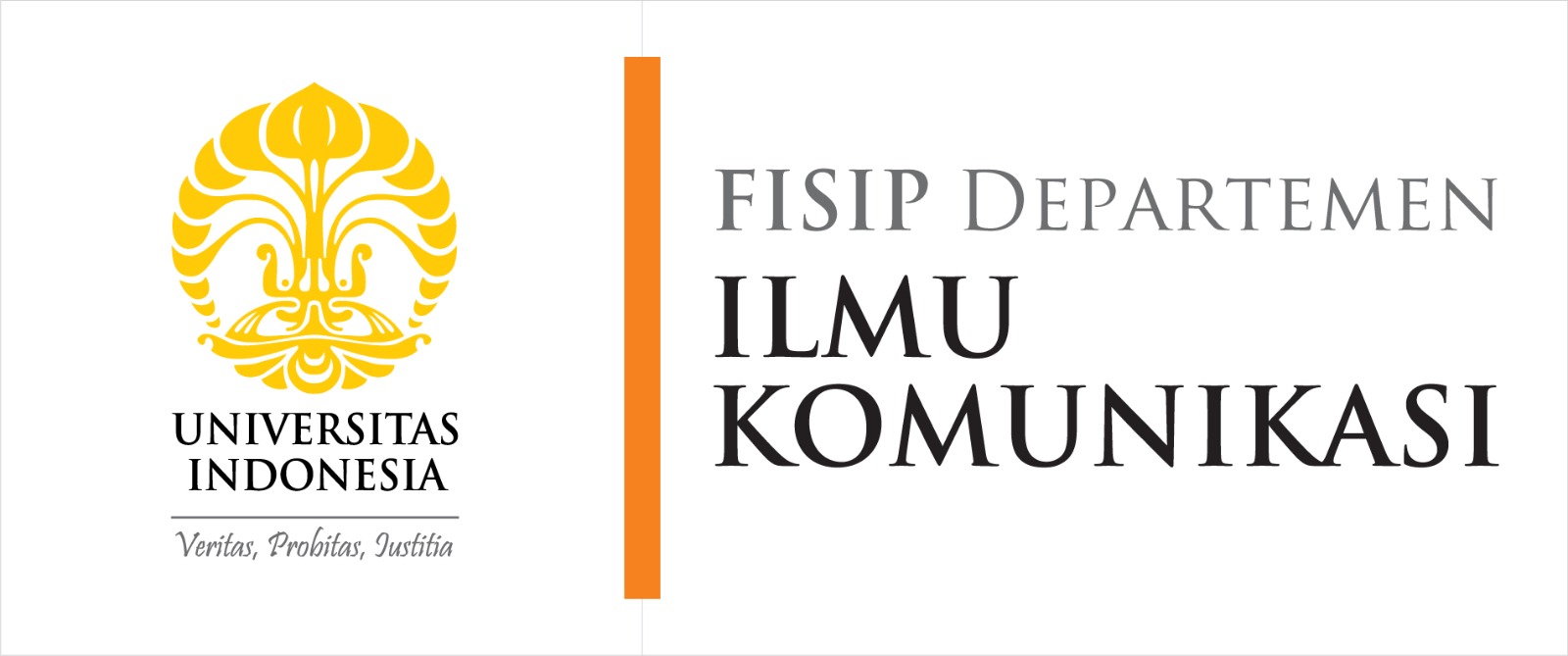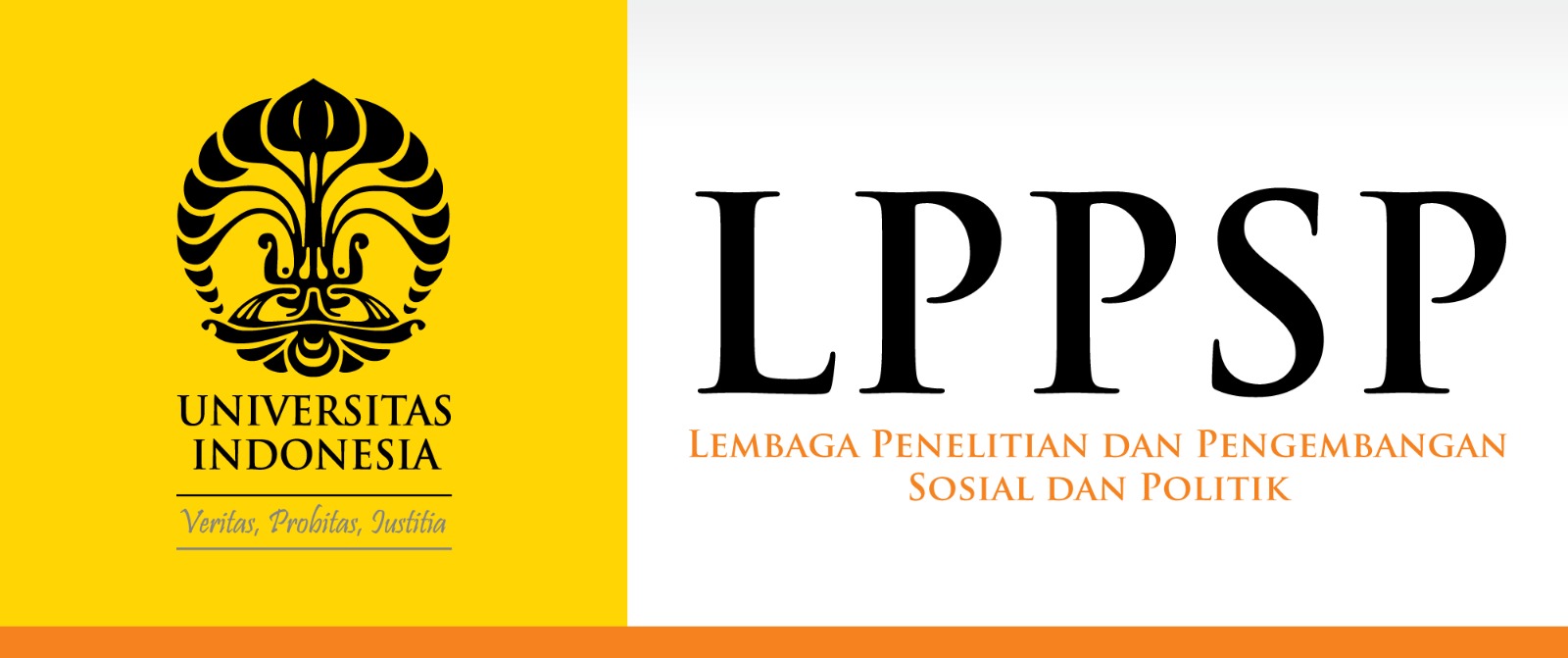JURNAL KOMUNIKASI INDONESIA
Abstract
Buruh migran domestik merupakan sosok yang sudah lama diperdebatkan sebagai kelompok perempuan yang paling dieksploitasi dan disubordinasi dalam konteks pembagian kerja di dunia kapitalisme global. Meskipun demikian, mereka sebenarnya aktif terlibat dalam berbagai kegiatan untuk bernegosiasi dengan struktur kekuasaan di pasar kerja transnasional. Tulisan ini mengulas bagaimana dan mengapa literasi digital memiliki peranan penting dalam kiprah Buruh Migran Indonesia (BMI). Saya berargumen bahwa BMI aktif melakukan 'reverse discourse’ secara individu dan kolektif untuk memperjuangan nilai dan legitimasi BMI melalu dunia blogging. Sebagai upaya untuk merekonstruksi identitas dan memberdayakan komunitas, dunia blogging adalah politik budaya, di mana identitas buruh migran dimaknai dan dipertanyakan.
Foreign domestic workers are arguably one of the most exploited and subordinated groups of women in the labour division under global capitalism. However, Foreign Domestic Workers (FDWs) actively engage in activities to negotiate the prevailing structures of power in transnational labour market. This article will examine how and why literacy is central to the activism of Indonesian Domestic Workers (IDWs). I argue that IDWs actively exercise individual and collective 'reverse discourse' on the value and legitimacy of IDWs through blogging as a literacy practice. As an attempt to reconstruct their identity and empower their community, blogging becomes cultural politics, in which IDWs’ identity undergoes the process of meaning-making by the actors and readers.
References
Alvermann, D. E. (2008). Why Bother Theorizing Adolescents’ Online Literacies for Classroom Practice and Research? [Article]. Journal of Adolescent & Adult Literacy, 52(1), 8-19.Barker, C. (2004). The Sage Dictionary of Cultural Studies.
London; Thousand Oaks, Calif.: Sage Publications.Bartlett, L., & Holland, D. (2002). Theorizing the Space of Literacy Practices. Ways of Knowing Journal, 2(1),10-22.Blunt, A. (2007). Cultural Geographies of Migration: Mobility,
Transnationality and Diaspora. Progress in Human Geography, 31(5), 684-694.Budianta, M. (2005). Pembantu Rumah Tangga dalam Sastra: Konstruksi Budaya Kelas Menengah. Srinthil: Media Perempuan Multikultural(8), 67-92.Chin, C.
B. N. (1998). In Service and Servitude: Foreign Female Domestic Workers and the Malaysian “Modernity” Project. New York: Columbia University Press.Du Gay, P. (1997). Doing cultural studies: the story of the Sony Walkman / Paul du
Gay ... [et al.]: London; Thousand Oaks [Calif.]: Sage, in association with The Open University, 1997.Elmhirst, R. (1999). ��Learning the Ways of the Priyayi’: Domestic Servants and the Mediation of Modernity in Jakarta,Indonesia. Dalam J.
H. Momsen (Ed.), Gender, Migration and Domestic Service. London and New York: Routledge.Foucault, M. (1976). The History of Sexuality, vol. 1 (R. Hurley, Trans.). London: Penguin Books.Gee, J. P. (1990). Social Linguistics and
Literacies: Ideology in Discourses. London: Falmer Press.Hartley, J. (2009). The Uses of Digital Literacy. St. Lucia, Queensland: Queensland University Press.Holland, D., Jr., W. L., Skinner, D., & Cain, C. (1998). Identity and Agency in
Cultural Worlds. Cambridge: Harvard University Press.Iswandono, D. (2010, 12 April 2010). Mega Vristian: Poems from Afar, The Jakarta Post. Diakses dari http://www.thejakartapost.com/news/2010/04/12/mega-vristianpoems-
afar.htmlKusuma, Y. W. (2011, 24 Agustus). Sastra di kalangan BMI [Weblog post]. Diakses dari http://likalikulakonku.blogspot.com/2010/08/sastra-di-kalangan-bmi.htmlKusuma, Y. W. (2012a, 9 Juli). Aku bukan ATM [Weblogpost].
Diakses dari http://likalikulakonku.blogspot.com/2012/07/aku-bukan-atm.htmlKusuma, Y. W. (2012b, 16 Oktober). Mengapa saya mengganti alamat blog [Weblog post]. Diakses dari
http://likalikulakonku.blogspot.com/2012/10/mengapa-sayamengganti- alamat-blog.htmlKusuma, Y. W. (2012c, 1 Juli). Siapa bilang jadi TKW itu enak. Diakses dari http://likalikulakonku.blogspot.com/2012/07/siapa-bilang-jadi-tkw-itu-
enak.htmlLan, P.-C. (2006). Global Cinderellas: migrant domestics and newly rich employers in Taiwan Durham, NC: Duke University Press.Loveband, A. (2006). Positioning the Product: Indonesian Migrant Women Workers in Taiwan. In
K. Hewison & K.Young (Eds.), Transnational Migration and Work in Asia (pp. 75-89). London: Routledge. McLean, C. (2010). A Space Called Home: An Immigrant Adolescent’s Digital Literacy Practices. Journal of Adolescent & Adult
Literacy, 54(1), 13-22P.Muhammad, H. (2012). Bukan sekedar tuntutan tahunan [Weblog comment]. Diakses dari http://babungeblog.blogspot.com/2008/04/bukan-sekedar-tuntutan-tahunan.htmlRie rie. (2007a, 23 November ). Babu
ngeblog [Weblog post]. Diakses dari http://babungeblog.blogspot.com/2007/11/babu-ngeblog.htmlRie rie. (2007b, 20 Oktober). Teman baru itu bernama laptop [Weblog post]. Diakses dari
http://babungeblog.blogspot.com/2007/10/teman-baru-itu-bernama-laptop.htmlRie rie. (2007c, 22 Oktober). Tersandung cinta [Weblog post]. Diakses dari http://babungeblog.blogspot/2007/10/tersandung-cinta.htmlRie rie. (2008a,
15 Februari). Bila babu ngenet [Weblogpost]. Diakses dari http://babungeblog.blogspot.com/2008/02/bila-babu-ngenet.htmlRie rie. (2008b, 8 Juli). What’s wrong with babu ngeblog [Weblogpost]. Diakses dari
http://babungeblog.blogspot.com.au/2008/07/whats-wrong-with-babu-ngeblog.htmlRie rie. (2009, 20 Februari). Go blog and reason behind it [Weblogpost]. Diakses dari http://babungeblog.blogspot.com/2009/02/go-blog-and-reason-
behind-it.htmlRie rie. (2012a, 17 September). Bertemu blogger dan calon blogger TKW [Weblog post]. Diakses dari http://babungeblog.blogspot.com/2012/09/bertemu-bloggerdan-calon- blogger-tkw.htmlRie rie. (2012b, 10 Juli).
Nekawe sampai tua, Oh tidaakk [Weblogpost]. Diakses dari http://babungeblog.blogspot.com/2012/07/nekawe-sampai-tua.htmlRie rie. (2012c, 13 Oktober). Privasi untuk pembantu, tak perlukah?[Weblog post]. Diakses dari
http://babungeblog.blogspot.com/2012/10/privasi-untuk-pembantu takperlukah.htmlSerfaty, V. (2004). Online Diaries: Towards a Structural Approach. Journal of American Studies, 38(3), 457-471.Somolu, O. (2007). ��Telling Our Own
Stories’: African Women Blogging for Social Change. Gender and Development,15(3), 477-489.Subrahmanyam, K., & Smahel, D. (2011). Digital Youth: The Role of Media in Development. New York: Springer.Walsh-Haines, G. (2012). The
Egyptian Blogosphere: Policing Gender and Sexuality and the Consequences for Queer Emancipation. Journal of Middle East Women’s Studies, 8(3), 41-62.Wurianto, E. (2009, 9 Maret). Yang saya hormati babu ngeblog [Weblog post].
Diakses dari http://guruindo.blogspot.com/2009/03/yang-saya-hormati-babu-ngeblog.html
Recommended Citation
Retnaningdyah, Pratiwi
(2013)
"‘Kami Juga Punya Suara’: Dunia Blogging Buruh Migran Indonesia di Hong Kong sebagai Politik Budaya,"
JURNAL KOMUNIKASI INDONESIA: Vol. 2:
No.
1, Article 3.
DOI: 10.7454/jki.v2i1.7827
Available at:
https://scholarhub.ui.ac.id/jkmi/vol2/iss1/3
Included in
Gender, Race, Sexuality, and Ethnicity in Communication Commons, International and Intercultural Communication Commons, Social Influence and Political Communication Commons




